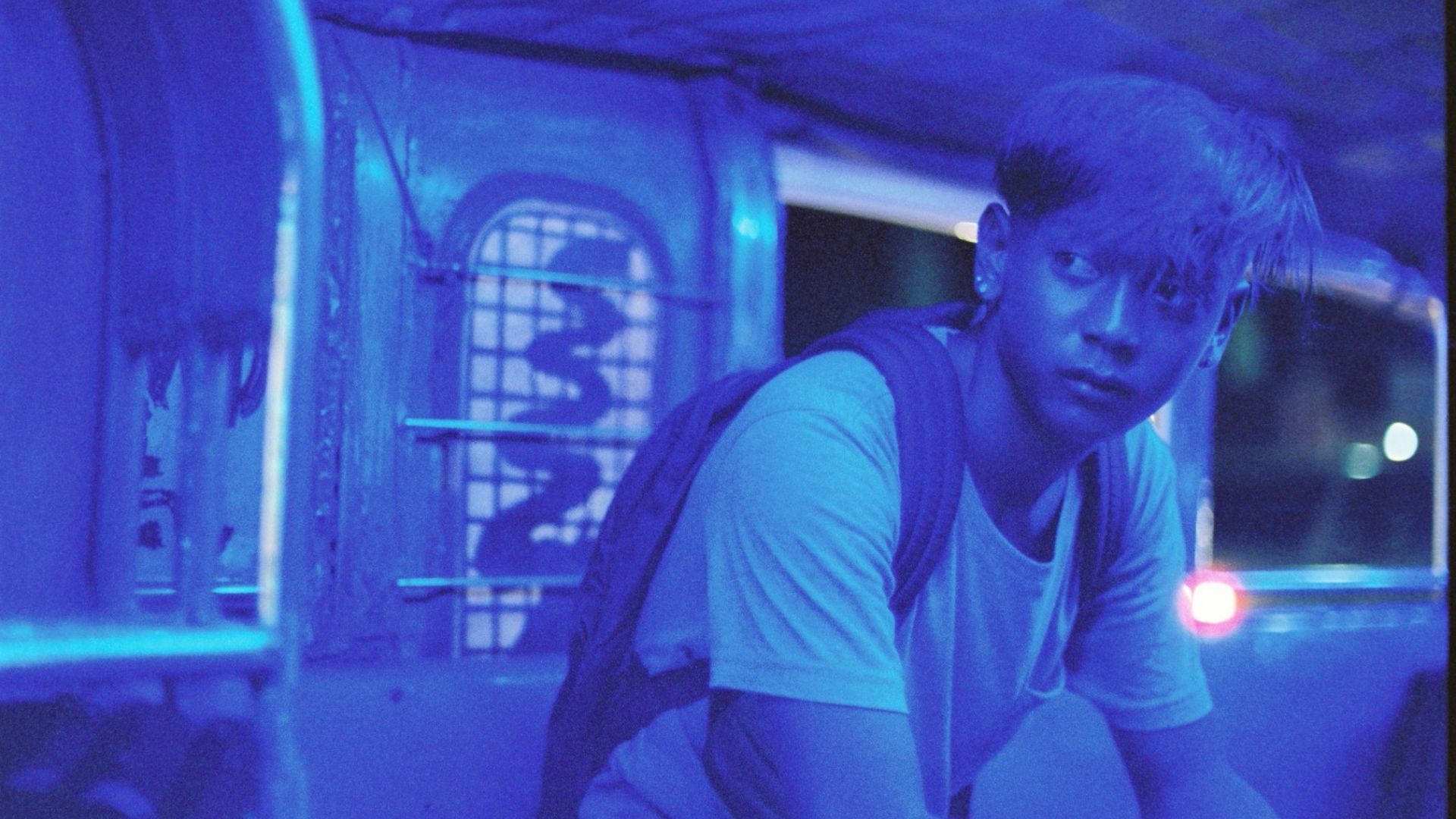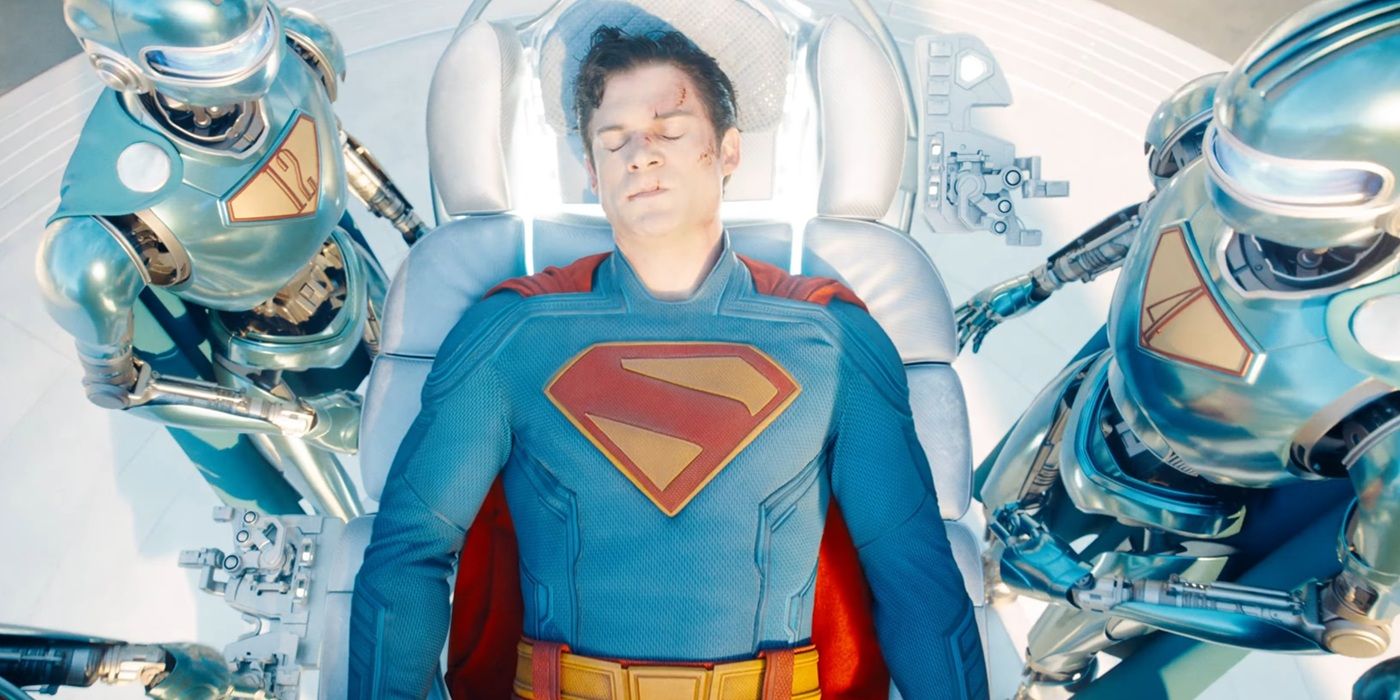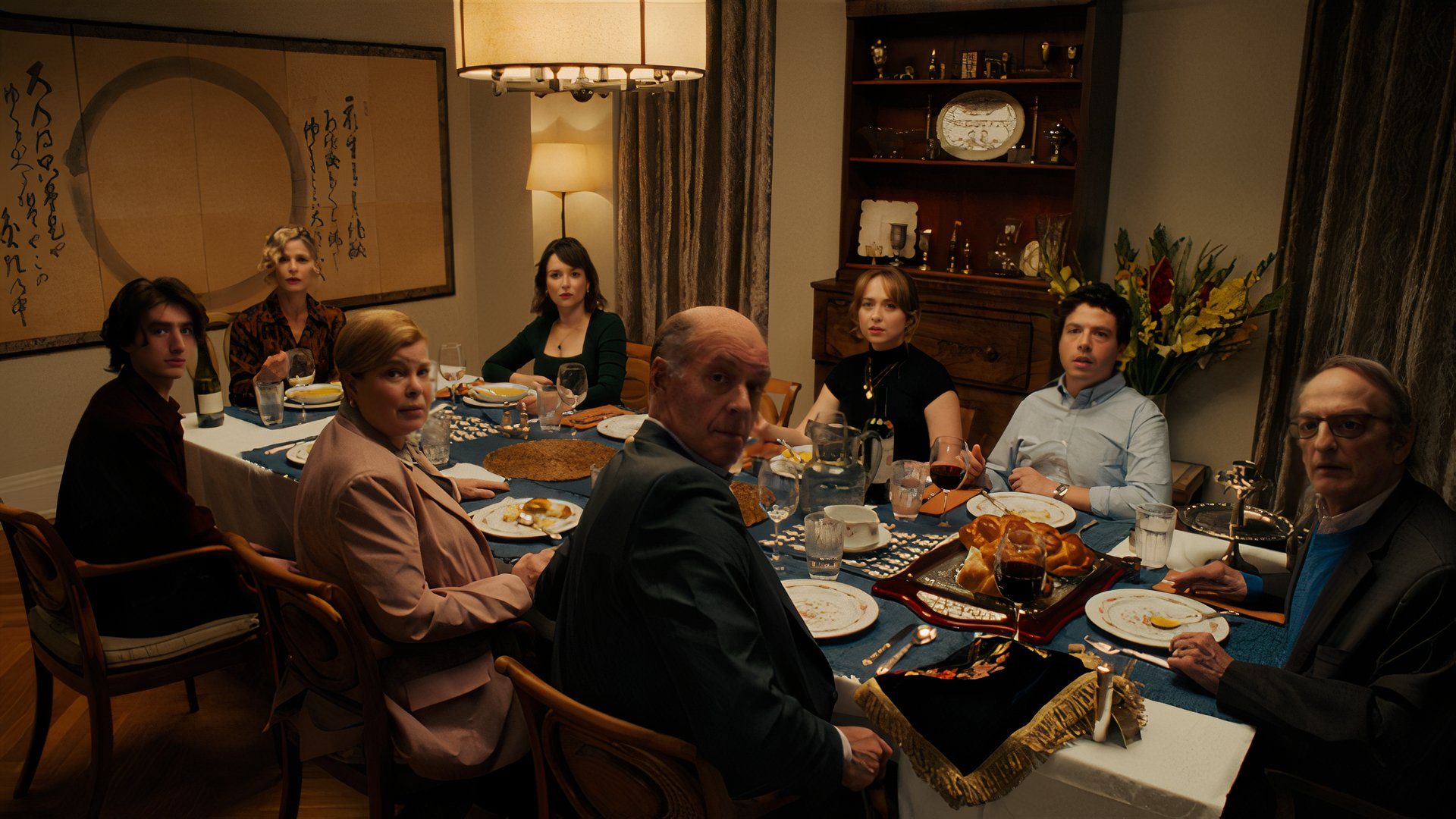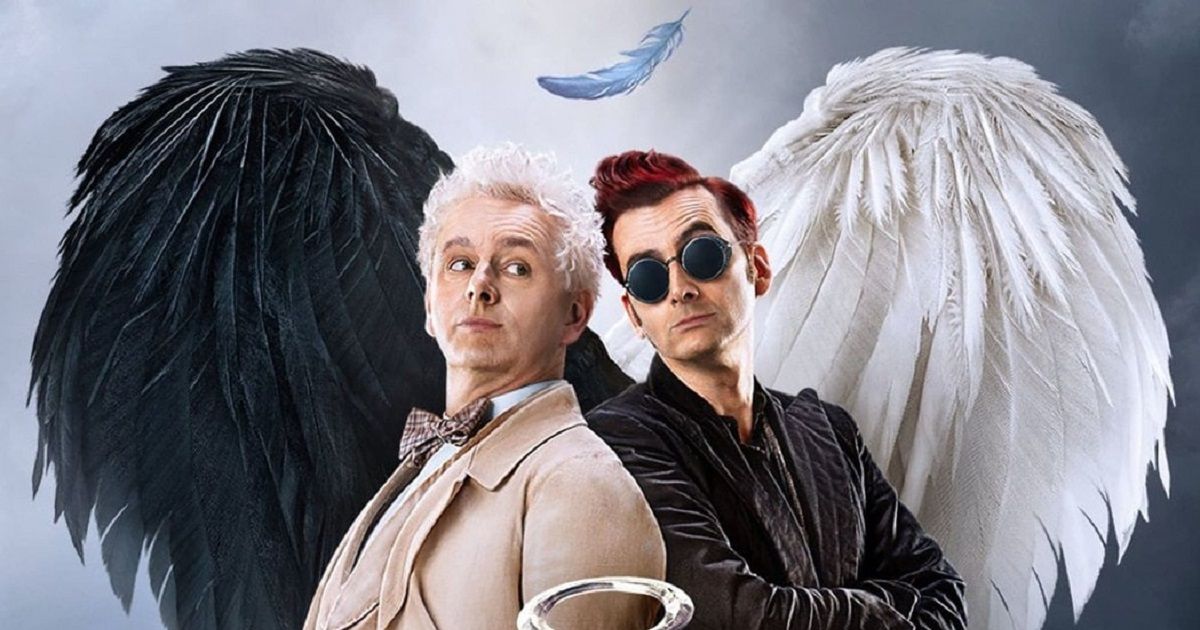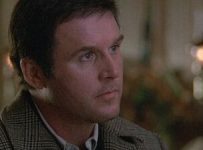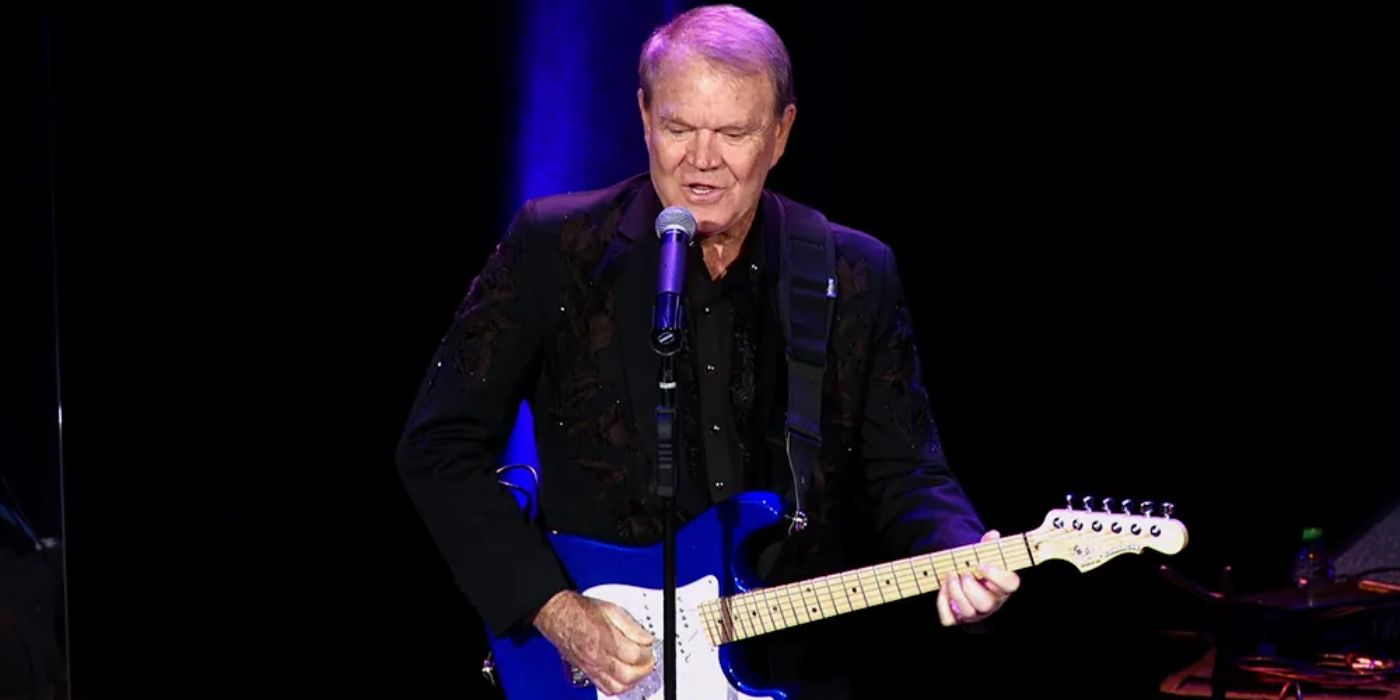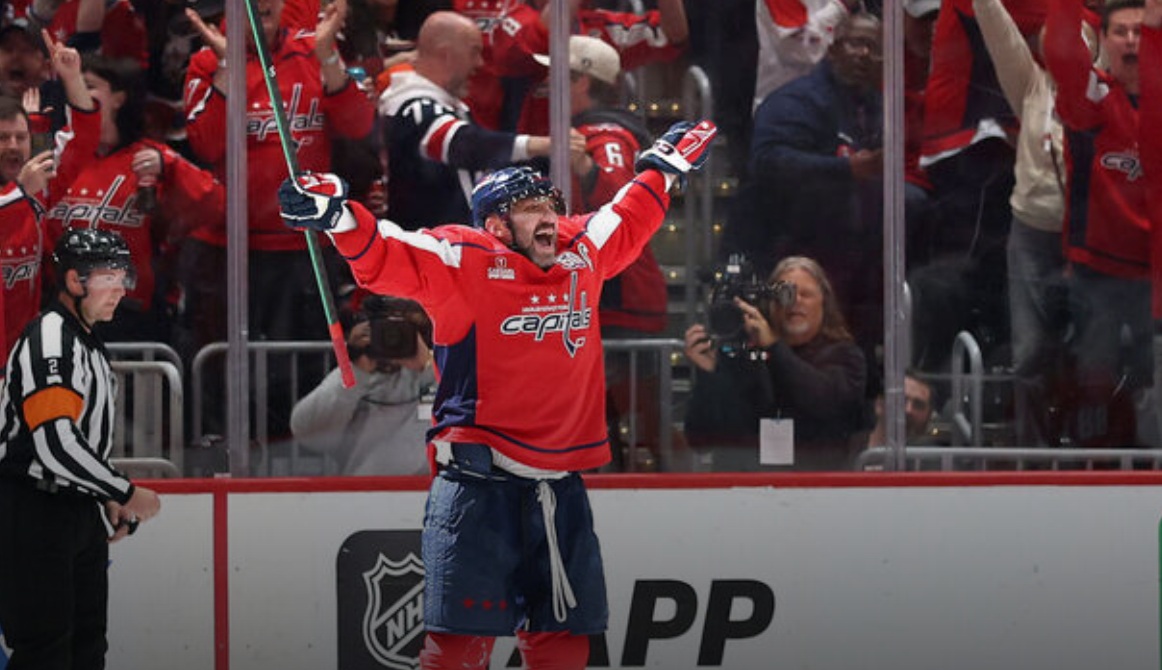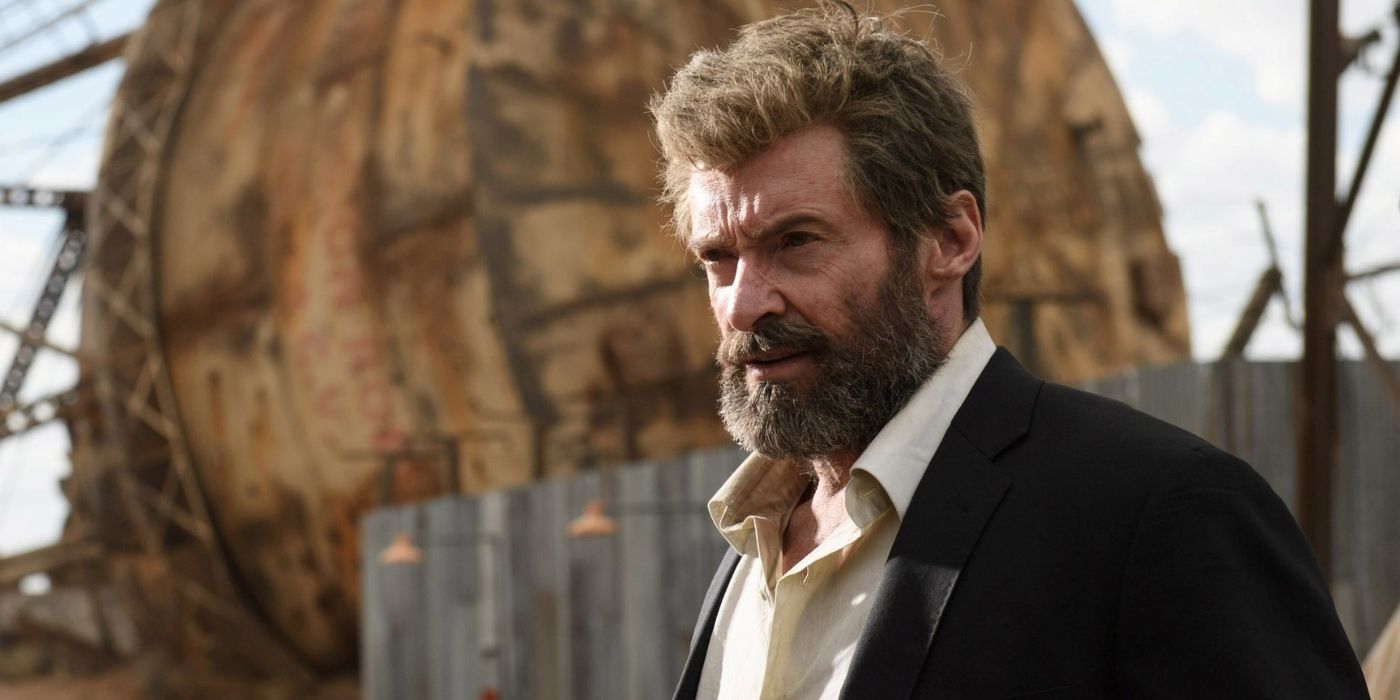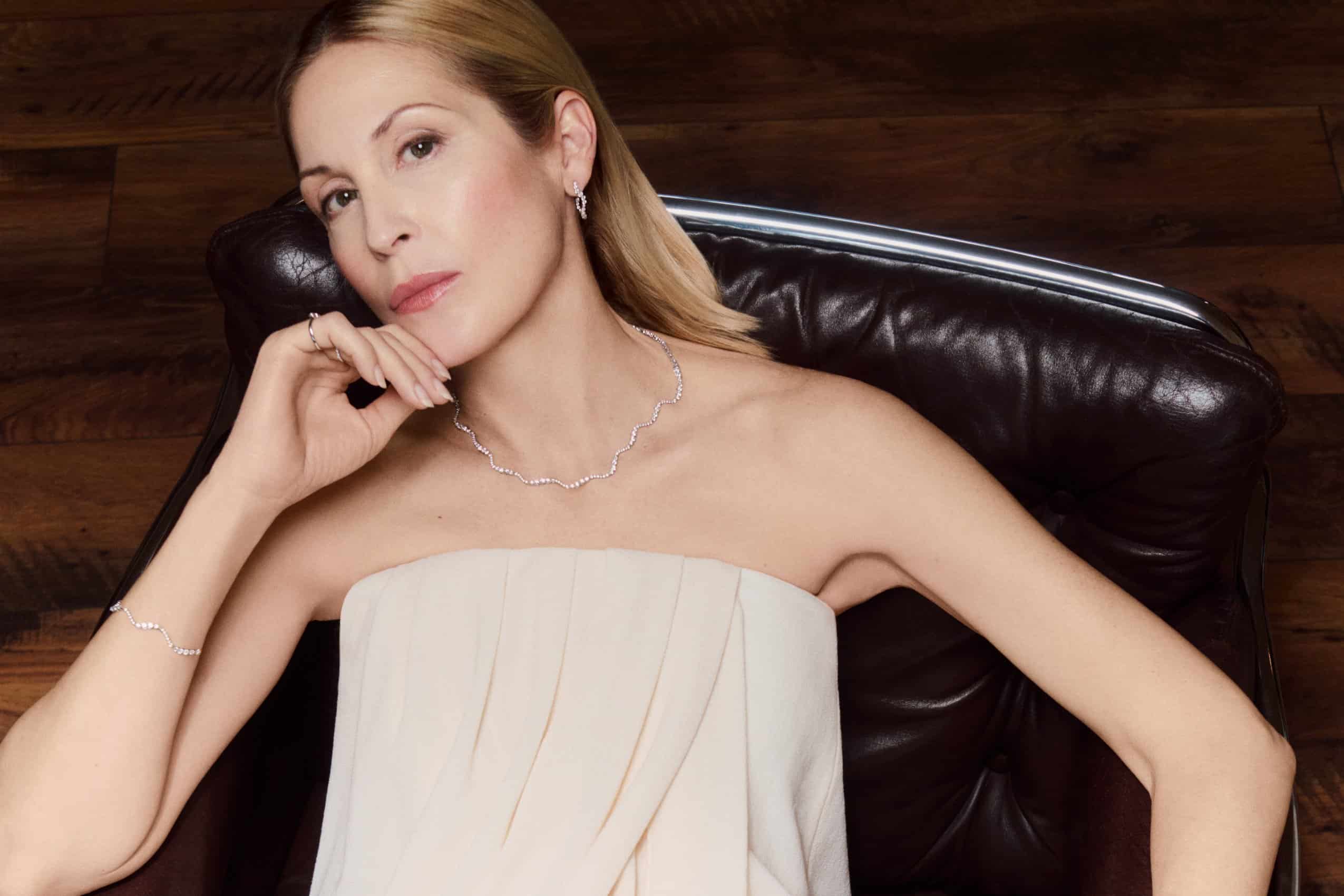In contrast, both Gloria and Shelby do. Each one has one dead parent and one living with the remaining relative financially supportive if judgmental. These friends of Costello do not have happy family lives. But they have their parents. Costello does not, and without this most basic of safety nets, she suffers.
American viewers may be surprised by the level of support our heroine gets from the state—she avoids homelessness thanks to a British government that houses its citizens, however modestly. She does not, however, avoid despair.
Part of the problem is that Costello is just so entirely herself. She’s “a bit of a dick,” as a potential employer characterizes her (and she agrees to the label). She’s loud and brash, insisting on telling her own story without the filter of a journalist who would interview her or the social media chatter that would define her. “Rain Dogs” shows her voice as powerful—she goes viral and attracts a publisher’s attention. But the strength of her self-assurance also works against her. She pays a heavy price for not acting “how authors behave” in one pivotal scene while simultaneously defending her authenticity as working class.
Costello can’t win. The system is stacked against her, even as it’s quick to judge her for trying to build upon whatever tiny slice she’s currently balancing on. Costello’s struggle of trying to love and raise a child despite being an imperfect person is made so much more difficult for reasons beyond her control. It’s enough to reduce this critic to tears.
There’s a lot of injustice in “Rain Dogs” but also a lot of love, bawdy humor, and perseverance. It’s ultimately a show about flawed people trying to do more than survive, and sometimes failing at it.
Whole season was screened for review. “Rain Dogs” premieres on Monday, March 6th.
You can view the original article HERE.


